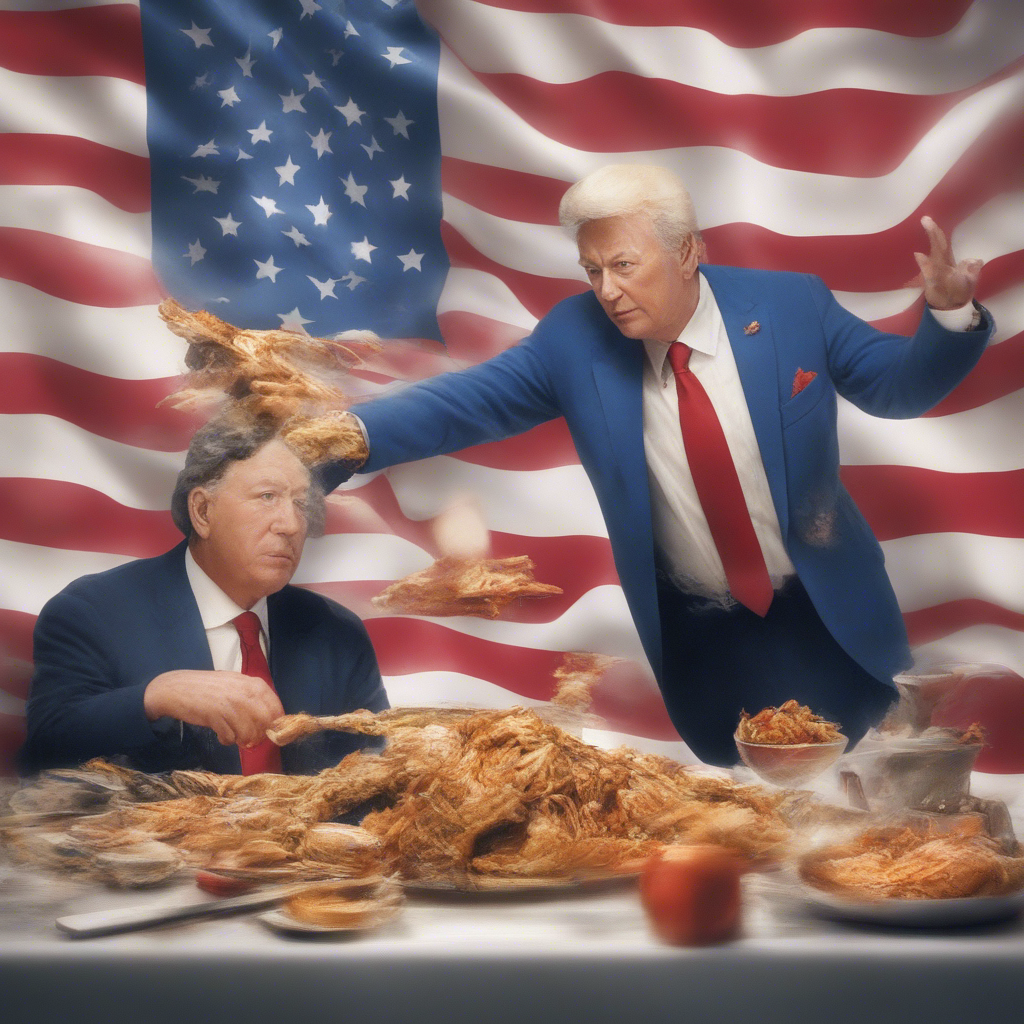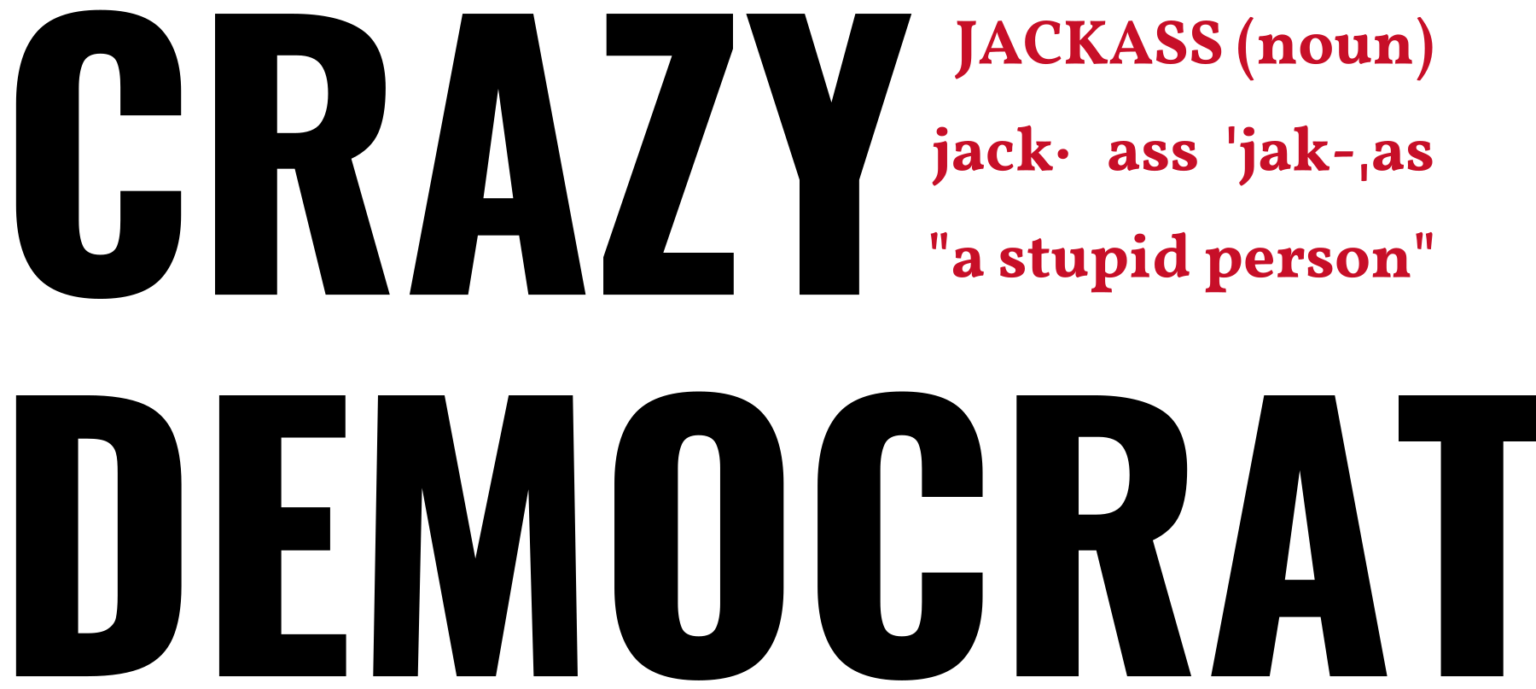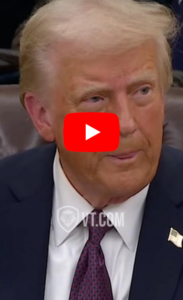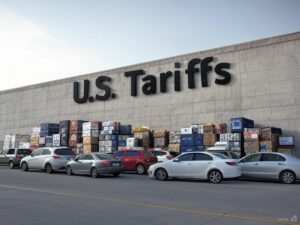More than 1 Million Americans Shift to GOP
A significant political realignment is underway in the United States, with a notable movement of suburban swing voters shifting their allegiance from the Democratic Party to the Republican Party. Over the past year, more than 1 million voters across 43 states have switched to the Republican Party, marking a substantial shift in the political landscape.

A significant political shift is underway in the United States, with a notable movement of suburban swing voters shifting their allegiance from the Democratic Party to the Republican Party. Over the past year, more than 1 million voters across 43 states have switched to the Republican Party, marking a substantial shift in the political landscape.
Reasons Behind the Shift and Impact on the Democratic Party
This trend is particularly pronounced in suburban areas, where well-educated swing voters, who had previously turned away from the Republican Party, are now showing a propensity to align with it once again. The reasons behind this shift are multifaceted, with concerns about the Democrats’ stance on issues such as mandatory COVID-19 vaccines, rising crime rates, and a perceived focus on racial justice playing a significant role in influencing voter affiliations.
An analysis of voter registration data by The Associated Press revealed that over the past 12 months, a substantial number of individuals have shifted their party affiliations, with approximately two-thirds of these switchers moving towards the Republican Party. While this shift does not guarantee widespread success for the Republican Party in the upcoming midterm elections, it does raise concerns for Democrats, who are already grappling with challenges related to President Biden‘s popularity and the direction of the country under their leadership.

Republican Party’s Strategy and Democratic Party’s Challenges
The Democratic Party’s lack of a clear strategy to address these concerns, coupled with the Republican Party’s effective capitalization on voter dissatisfaction, has further compounded the challenges for Democrats. Issues such as prolonged pandemic-related school closures and inflation have fueled frustration among suburban voters, providing an opportunity for the GOP to gain ground and attract new supporters.
The Republican National Committee has been proactive in leveraging these concerns, organizing voter registration events in suburban areas and linking the Biden administration to issues such as record-high gas prices and a shortage of baby formula. Ronna McDaniel, Chair of the RNC, emphasized that the current shift towards the Republican Party reflects a broader sentiment of disillusionment with the Democratic leadership and predicted a sustained trend of suburban areas leaning towards the GOP in the future.
While the specific reasons for this shift remain unclear, the data indicates a significant reversal from the previous period, where Democrats enjoyed a slight edge in the number of party switchers nationwide. This shift has been observed across various states, with the Republican Party gaining ground in counties and suburban areas previously considered Democratic strongholds.
The Democratic National Committee declined to comment on the recent surge in voters switching to the GOP, signaling the challenges faced by the party in addressing this trend. The shift towards the Republican Party has been particularly pronounced in suburban areas, raising concerns for Democrats as they approach the upcoming midterm elections.
The Future of Voter Affiliations
Overall, the substantial movement of more than 1 million voters towards the Republican Party underscores a significant shift in the political landscape, posing challenges for Democrats and signaling a potential reconfiguration of voter affiliations in the upcoming elections.





